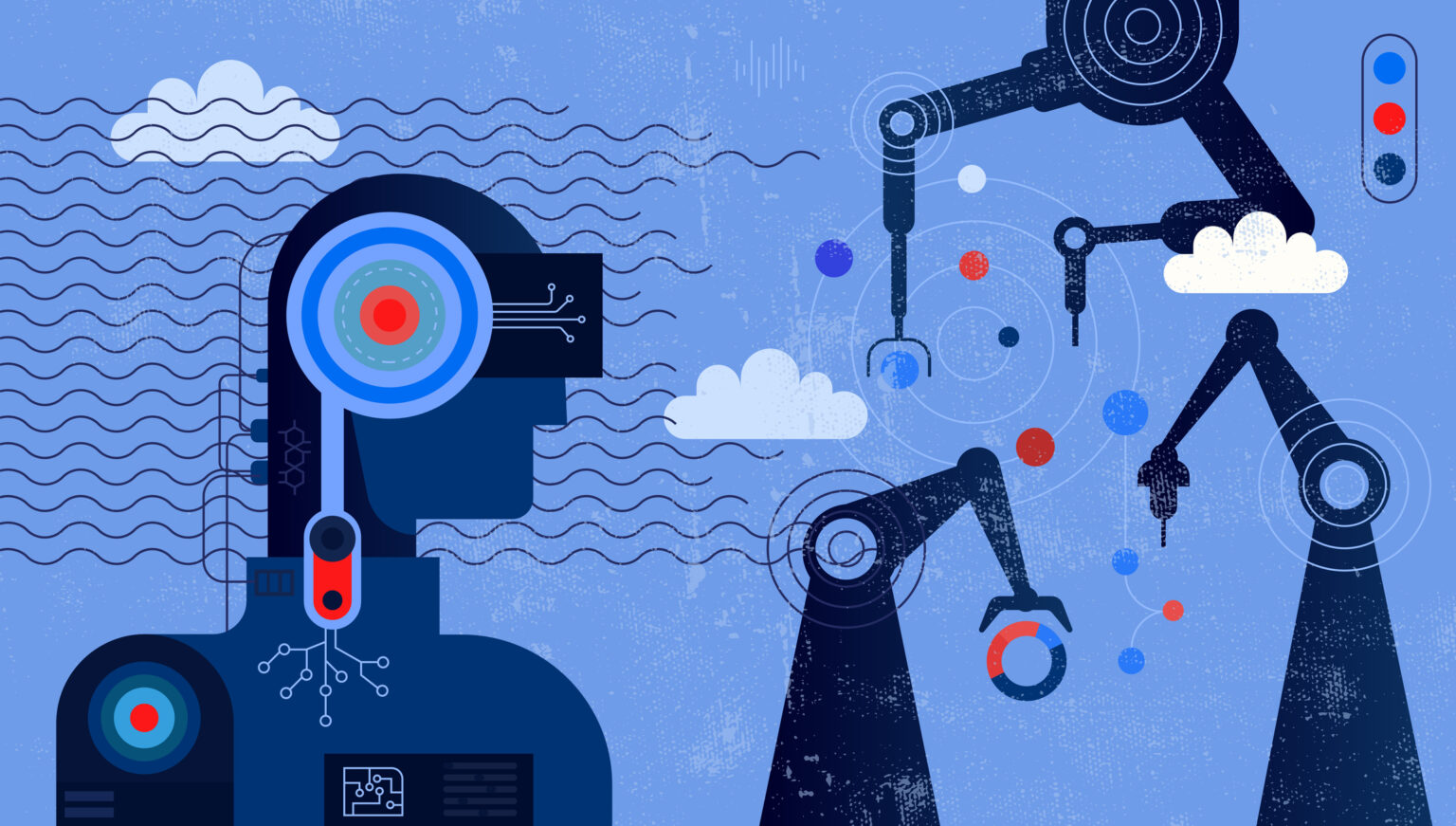is also the fact that AI is becoming increasingly integrated into our everyday lives, from smart homes and virtual assistants to autonomous vehicles and personalized recommendations. This integration is only expected to increase in the future, further impacting how we live and work. Secondly, the advancement of AI technology is inevitable, as there is a global race among countries and companies to develop and deploy AI systems. This competition is driving rapid progress in the field, making it difficult to predict how AI will evolve and what its implications will be. Finally, the potential benefits of AI are too significant to ignore, from improving healthcare and education to increasing efficiency and innovation in various industries.
However, the widespread adoption of AI also raises important ethical and social questions that need to be addressed. For example, what are the implications of AI on privacy, security, and equality? How can we ensure that AI systems are developed and used responsibly? How do we mitigate the risks of bias, discrimination, and abuse in AI algorithms? These are complex issues that require careful consideration and thoughtful solutions. It is important for individuals, organizations, and governments to engage in discussions and debates about the future of AI, and to work together to shape its development in a way that benefits society as a whole.
In order to navigate the challenges and opportunities presented by AI, it is crucial for individuals and organizations to develop a better understanding of the technology and its implications. This includes investing in education and training programs to build AI literacy and skills, as well as fostering a culture of innovation and collaboration. It is also important to establish clear guidelines and regulations for the responsible use of AI, and to ensure transparency and accountability in the development and deployment of AI systems. By taking a proactive and informed approach to AI, we can harness its potential for positive change and minimize its risks and negative consequences.
Ultimately, the future of AI is not predetermined, but rather shaped by the choices and actions we take today. By embracing AI as a tool for progress and innovation, rather than a threat to be feared, we can unlock its full potential and create a future that is more equitable, inclusive, and sustainable. It is up to all of us to participate in shaping the future of AI, and to ensure that it serves the best interests of humanity. Only by working together can we realize the promise of AI and build a better world for future generations.









